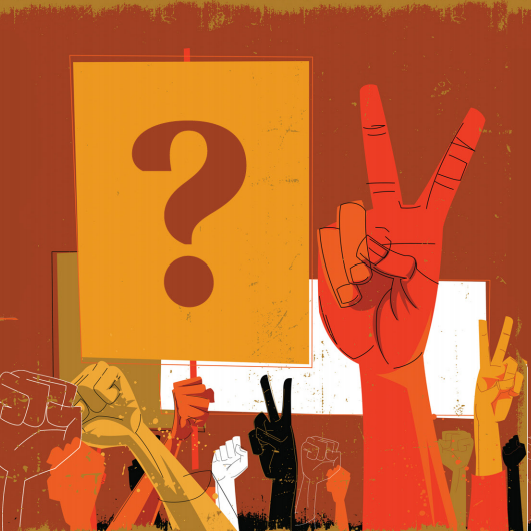Use of cash substantially down over the past year
Corona ushers in a cashless society
Use of cash substantially down over the past year

Remember the expression, “Cash is King”? It appears to refer to actual money – a healthy wad of banknotes in a bulging wallet or folded into the back trouser pocket. Readers familiar with popular old TV series like Minder and Only Fools and Horses will recall another cash related saying, “Holding the folding”. Minder’s Arthur Daly – “Strictly cash, no cheques’’ – would ask a potential business associate, “Are you holdin’?” Only if the reply was affirmative could any deal proceed. The same went for Del Boy Trotter, in Only Fools: “Cheque? You’re havin’ a laugh! It’s cash only.” But though cash traditionally really was king for the Arthurs and Del Boys of fiction, and for many in the real world, the expression itself is also a business maxim, stressing the importance of cash flow in the overall fiscal health of a company. In other words, while making money is the main objective, getting that money into the bank and holding on to it for as long as possible is what enables a company to survive and thrive.
In the current world, however, where governments, banks, businesses and individuals are battling with the multiple effects of coronavirus, it appears that cash, physical cash, really is struggling to survive. For a start, cash is literally dirty money: those banknotes and coins pass through numerous hands, prompting fears of cross-infection. Many shops and businesses are already refusing to take cash, with reports of staff claiming that accepting it is illegal, which it isn’t – yet. But the use of cards, especially contactless, means no physical contact between staff and shoppers, which is reassuring to some.
Sweden aims to be the first truly cashless society by 2023, claiming that cash payments there are “decreasing fast”. The Swedes plan to operate solely on digital and card payments. It could happen in the UK too, and some say it already is happening. But what about those for whom cash is not only king, but crucial to survival? What about the more than one million adults with no bank account? What about those on low income, or on benefits, those with no access to online banking, those without, as yet, legal immigration status and therefore not legally allowed to open a bank account? What about the elderly and the vulnerable who are sometimes confused by cards and online banking? If it is inevitable that cash will disappear from our hands then the changeover must be handled with care and sensitivity.
What our surveys show
The winds of change blow increasingly through many areas of society and it appears from our survey that the use, or not, of cash, is very much part of this rapidly and constantly changing scenario. 57% of those surveyed said they are using cash less often than before coronavirus struck. A further 32% said they use cash as frequently as before the crisis, but many of those added that they mostly use “electronic money” anyway. Only 4% said they use cash more often.
The fact that banks may well close further branches and ATM machines will be a concern to some, but in response to our question, “Should we go completely cashless?”, more were in favour than against all payments being made electronically, via cards and apps. 41% answered a definite “Yes,” to the question, while a further 19% said, “Maybe.” A strong 36% said “Certainly not,” while 14% were “Don’t knows”.
There were clear generational differences of opinion on the “definitely yes” response to going cashless, with – unsurprisingly – the young overall much more in favour of the change than the older generations.


Sarah’s vigil touches a nerve
Your email address will not be published. The views expressed in the comments below are not those of Perspective. We encourage healthy debate, but racist, misogynistic, homophobic and other types of hateful comments will not be published.



